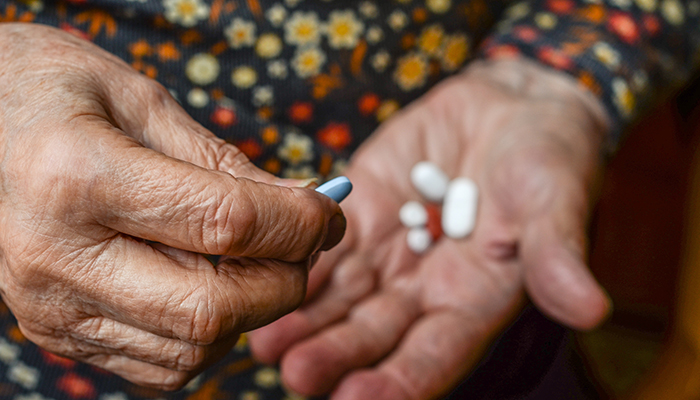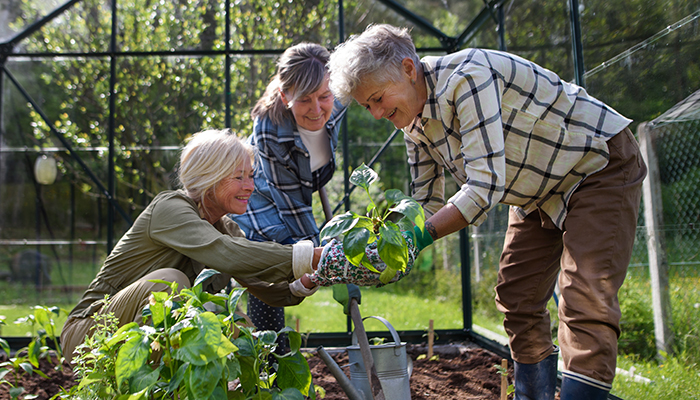Not taking meds as directed?
Taking the right medicines at the right time is extremely important to health management. But 75%–96% of older adults admit that they frequently make mistakes with their medication. Is your loved one among them? There are many reasons why a person might not take their medicines as directed. “Forgetting” is one of the most common.…
Read MoreAdding smart home safety features
You probably already have some “smart” features in your home. For instance, a thermostat you can program for a higher temp during the day and lower at night. Perhaps it has remote capabilities, so you can make changes from afar. Or sensors, such as garden sprinklers that shut off when it’s raining, or outdoor lights…
Read MoreGifts for those with memory loss
Deciding what holiday gifts to give a person with memory loss can be challenging. Following are some tips to share with family members. The gift of time A special date to share cookies and send holiday cards to others Attending seasonal music events Caroling together A person with early-stage memory loss is often still striving…
Read MoreHonoring family caregivers
November is National Family Caregivers Month. We want to express our gratitude to you, who are part of the 40 million people (one in six Americans) who care for an older adult friend or relative. So many family caregivers feel invisible, we thought we’d give you some perspective on the scope of family caregiving across…
Read MoreSuppose they don’t get better …
Are frequent visits to the ER a significant part of the past six to twelve months? Does your loved one seem more fatigued? Less interested in eating? Perhaps a bit withdrawn? These symptoms may be hallmarks of a serious illness your relative will overcome. But it’s also possible that these signal that your family member…
Read MorePalliative care for seriously ill veterans
Is your family member seriously ill or in frail condition? A veteran? If so, the VA has a special service that offers palliative care to keep your loved one comfortable. The cause of your loved one’s ill health is not important in requesting palliative care. The point is to relieve distressing symptoms. For example, you…
Read MoreIs cohousing for you?
Cohousing is like a retirement community in that it is a group of residents in individual, private domiciles. Plus, there are shared facilities for group activities. What’s different is that retirement communities are created and run by a developer. Cohousing communities are created by the people who will live in the buildings. All members hold…
Read MorePutting anticipation to work for you
Do you ever wish you could wave a magic wand for more joy? Patience? Optimism? Motivation? Maybe less irritability and stress? It’s actually accessible now, no wizardry required. Just a shift in attention. Welcome to “anticipation.” You may have noticed that half the fun of a vacation is the anticipation of the journey beforehand. Research…
Read MoreWhat is Lewy body dementia?
The most common form of dementia is Alzheimer’s disease. However, there are many other conditions that also bring on memory problems. It is important to accurately identify the cause, even if there’s no cure, because this will shape the best strategy for addressing difficult symptoms. Lewy body dementia (LBD) is the second most common form…
Read MoreOctober is National Crime Prevention Month
It’s unpleasant to imagine that your loved one might become the victim of crime, but it’s worth considering. There are valuable preventive steps to take. Unless your relative lives in a high-crime neighborhood, their greatest risk is a property crime in or around their home. In fact, older adults experience thirteen times more property crime…
Read More









